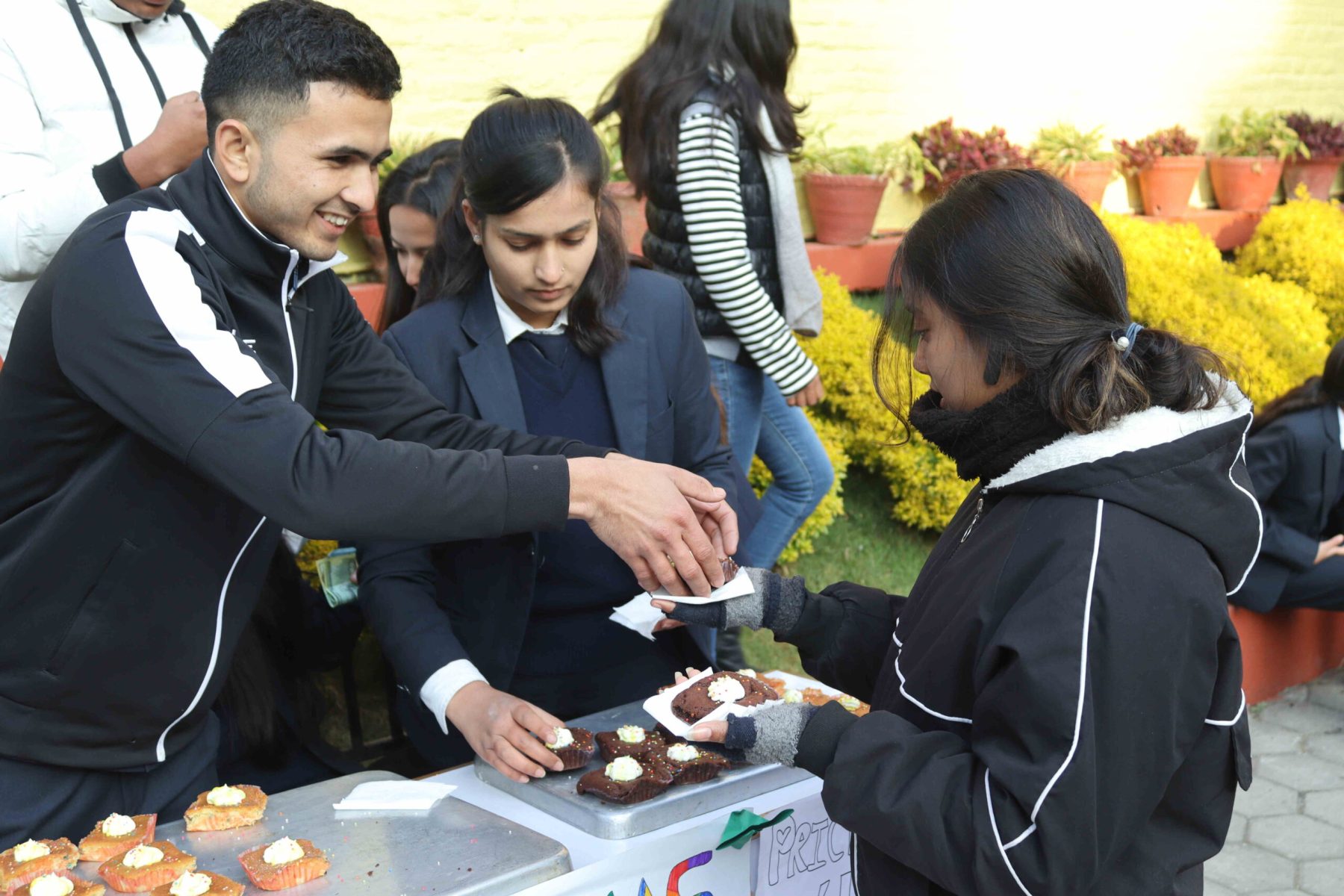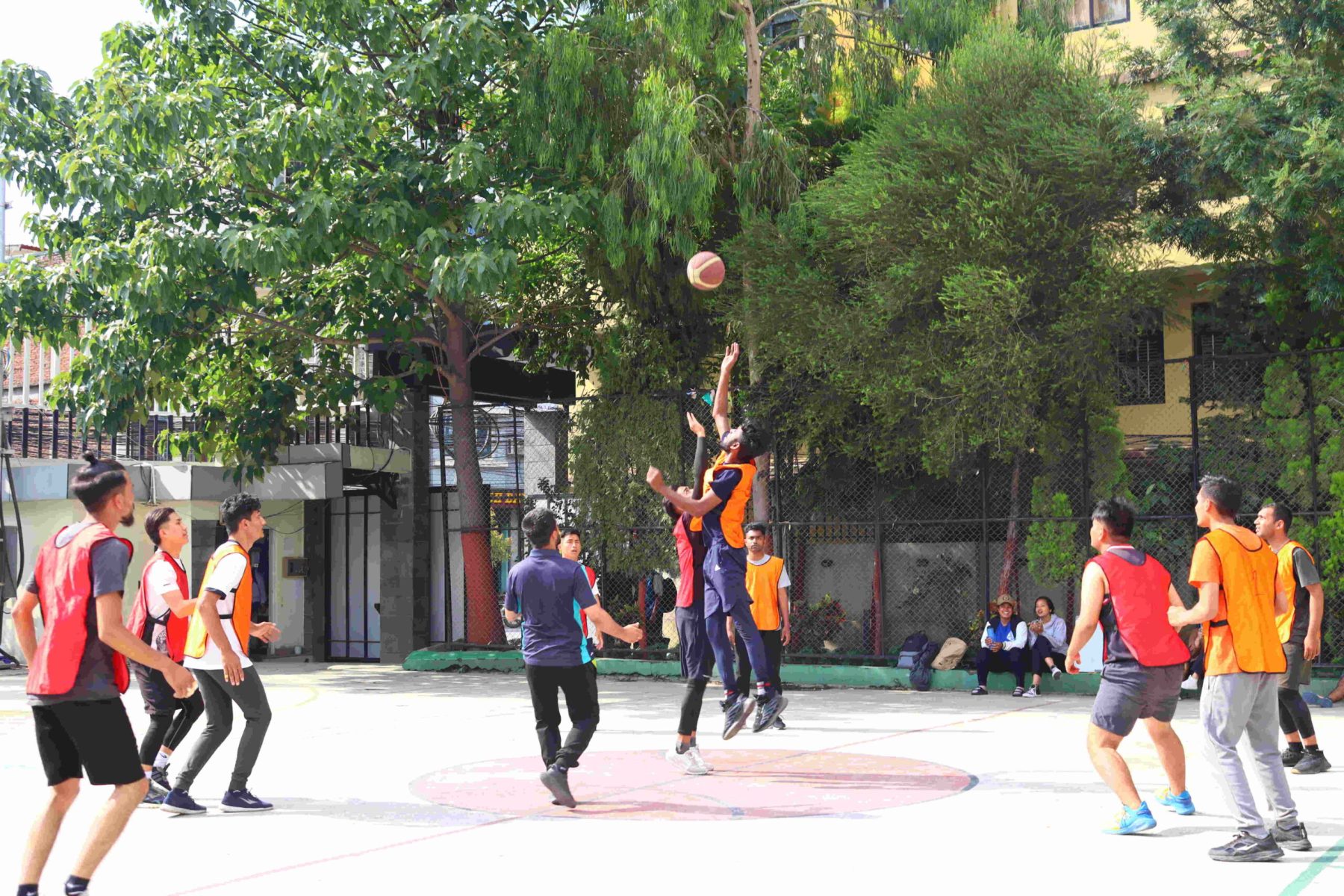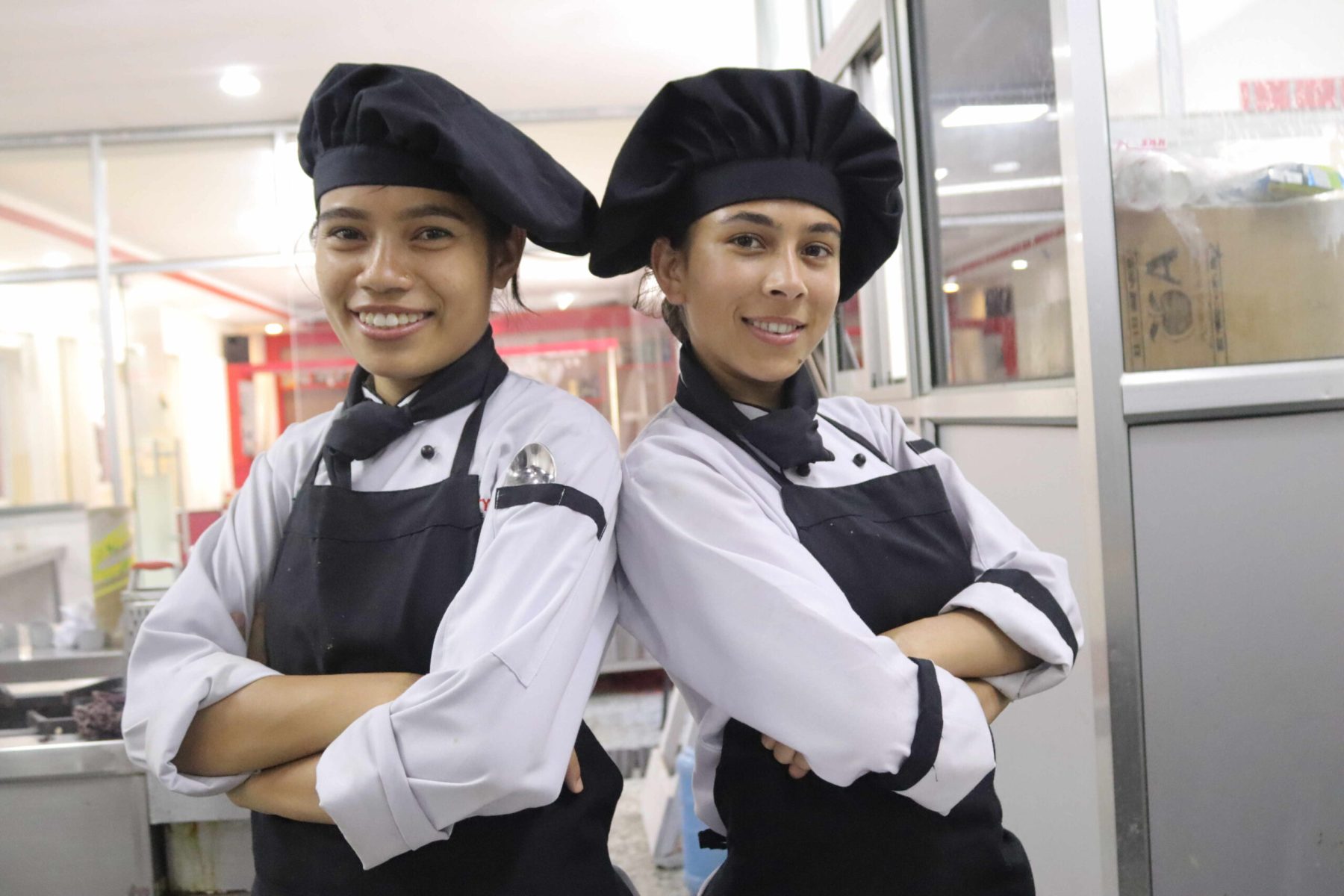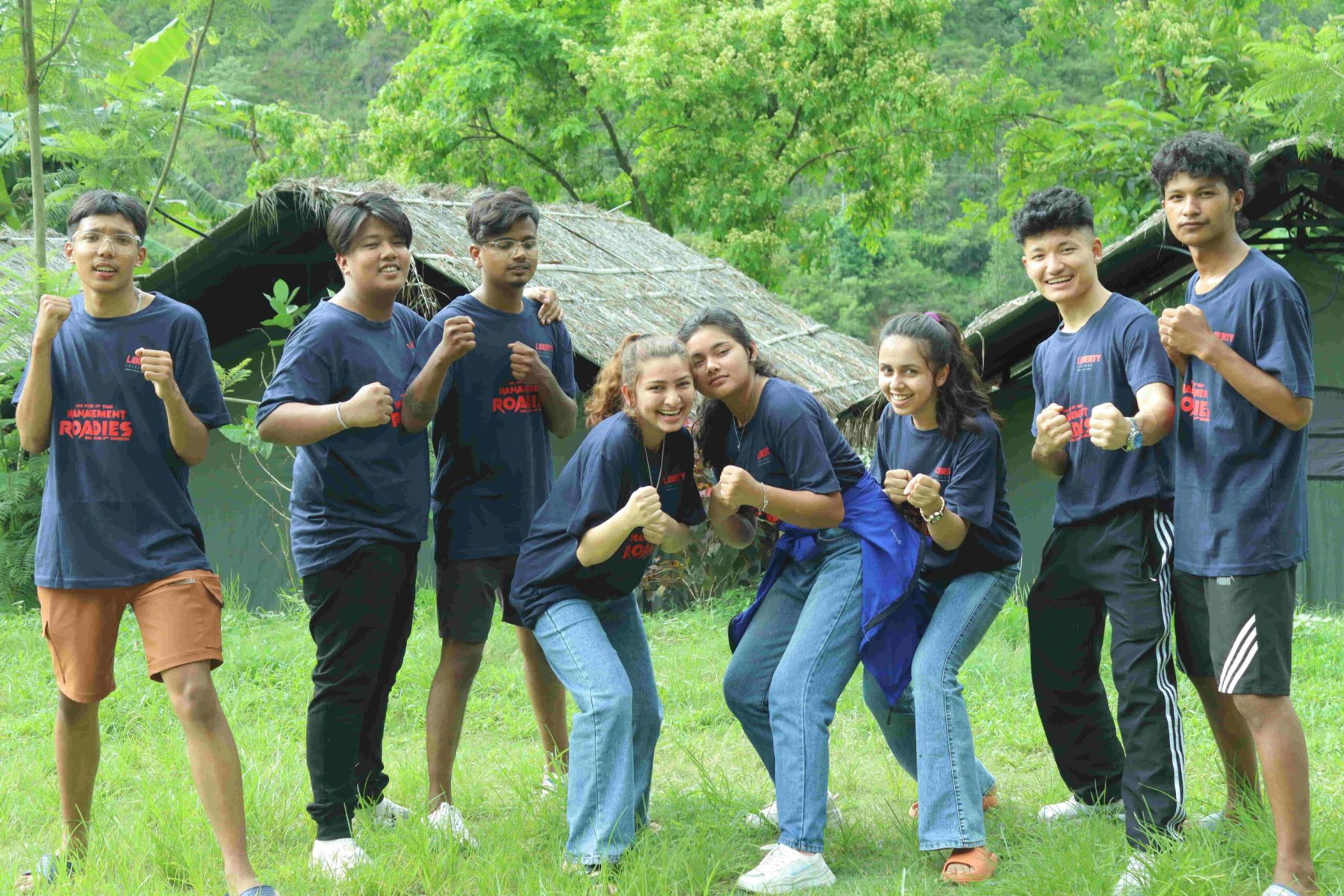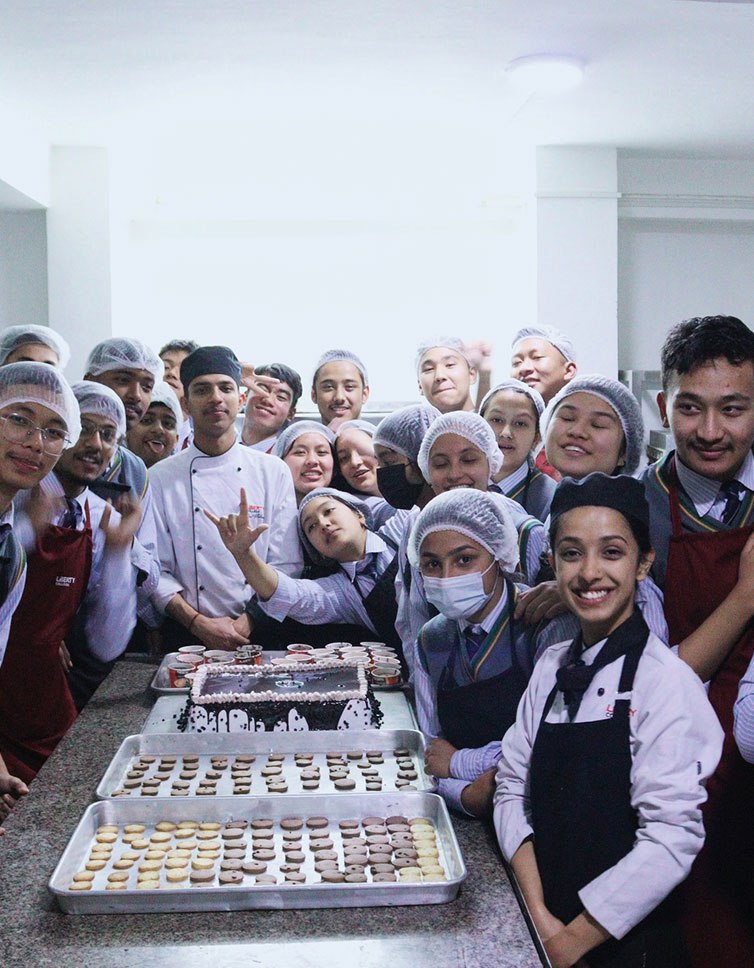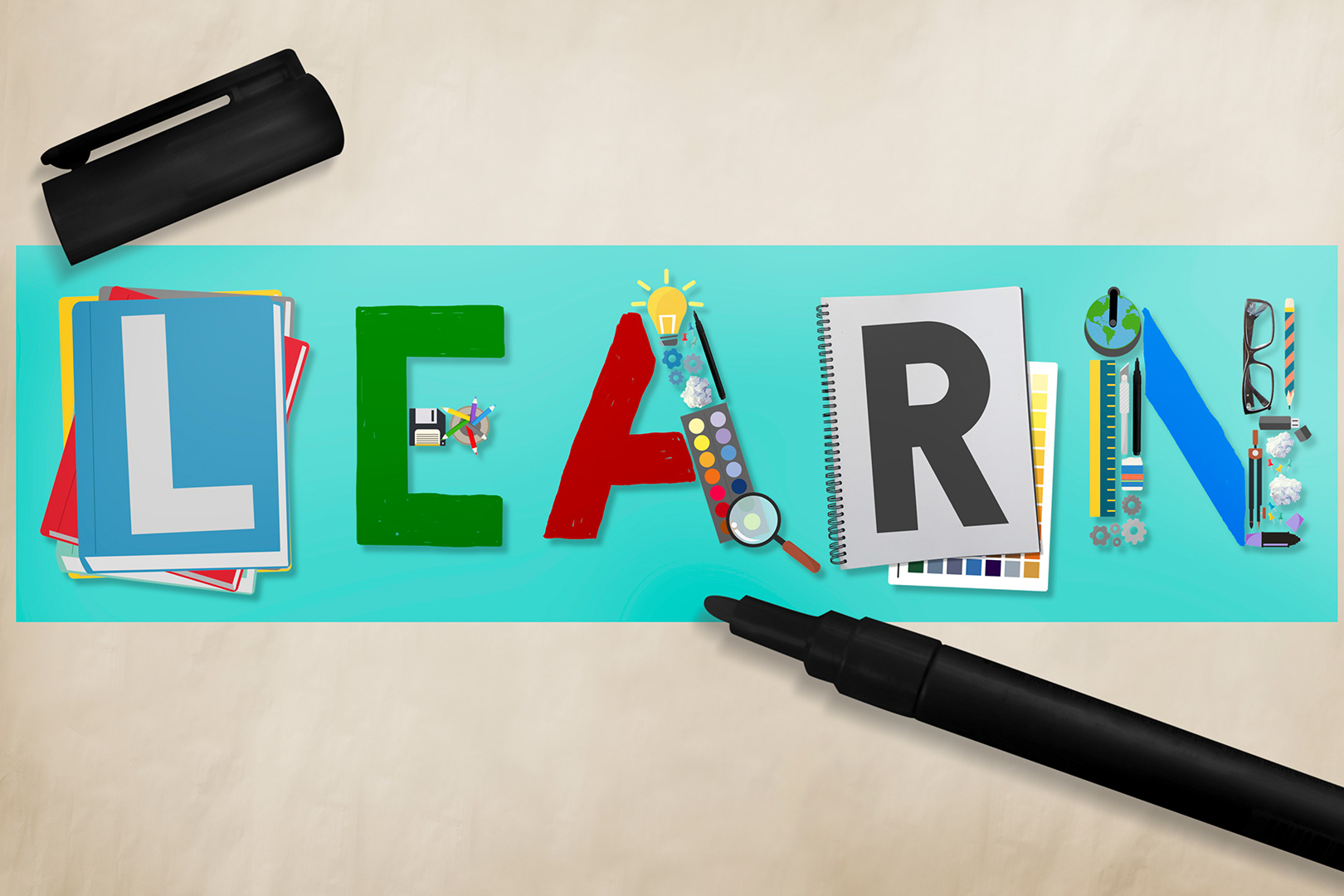
Learn in a variety of ways: Try to incorporate as many methods as you can to learn. For instance, if you want to learn about theories of learning, instead of just listening to your teacher's lecture, find some podcasts on the same subject, jot down all of the important details, try making detailed notes later, and if you have time, practice giving a presentation to yourself or your friends. By acquiring knowledge in various methods, you are helping your brain further embed redundant information in many areas, establishing cross-references and connections between facts, and increasing the likelihood that it will be simple to retrieve.
Teach what you have learned to another person: 'Teaching' here doesn’t mean you go ought-right teaching people. The main point here is to explain and share your understandings and things you have learned in some ways. It can be by writing some blogs, making educational videos, productive talks with your classmates or presenting it to yourself. While teaching what you have learned to someone it will further solidifies the data in your brain. Try breaking down the things you learned in your own words and understanding which will simplify the complex topics for yourself and these simplified versions will be easier to retain this time and as you teach others more and more this cycle continues it will be easier for you to understand, retain and retrieve information from your brain.
Utilizing prior knowledge to encourage new knowledge: The information stored in different regions of your brain are just like different landmarks. Isolated information and data are like landmarks with no roads to reach hence it can be difficult to retrieve such information sometimes. But when you use one piece of information to learn another things then it will create interconnections and relations among those data because of which even with a single cue you can retrieve more of such information that are related to each other.
Real life experience: Our primary methods of learning are reading and listening to lectures. The retention time for audiovisual stimuli is incredibly short. We can increase this retention by writing the things down as we learn but another best way to ensure the retention is to focus in practical experience. When you learn through direct experience, you will be actively involved in the learning process and thanks to the contextual learning you will have additional cues and associations for easy retrieval. Similarly, due to the involvement of multi-sensory input, repetition and practice the learned material will be further reinforced.
Instead of struggling to recall, checkup the information: Sometimes you just forget things and you might find yourself struggling to remember the information thinking that by the struggle to remember you are teaching your brain to remember lost information and not to forget that information again but some study have shown that the longer you spend trying to remember the answers the more chances you will forget it again in the future because while you attempt to remember, instead of learning the right responses, this leads to your brain learning error states.
Take pauses: Our brains can only handle a certain amount of information continually before becoming overwhelmed, so taking little pauses here and there while learning is essential. Longer continuous learning sessions not only cause you to lose interest and make learning uninteresting, which is obviously a barrier to learning, but they also overwork our brains and interfere with further learning. While taking brief pauses will allow you to recharge and help your brain process and absorb knowledge in more digestible pieces, having time to reflect and analyze what you've learnt will help you retain the information without feeling under pressure.
Discover your best option: There are hundreds, if not thousands, of methods to study, and not every method will work for you. Different people learn in different rhythms. Analyze your learning habits and styles, when you are most alert and attentive, what kind of object you are trying to learn and how do you want to learn it (long term retention, simple understanding, and deep understanding). Try out a few different methods and see which one works the best for you via trial and error.
Making it a habit: Here, practice is crucial. Learning is a lifelong process, therefore none of these tricks can magically endow you with superhuman memory. You must work on developing these as habits and making them a part of your daily life. The more you practice, the less effort it will take for you to pick up new information and remember it more effectively.






